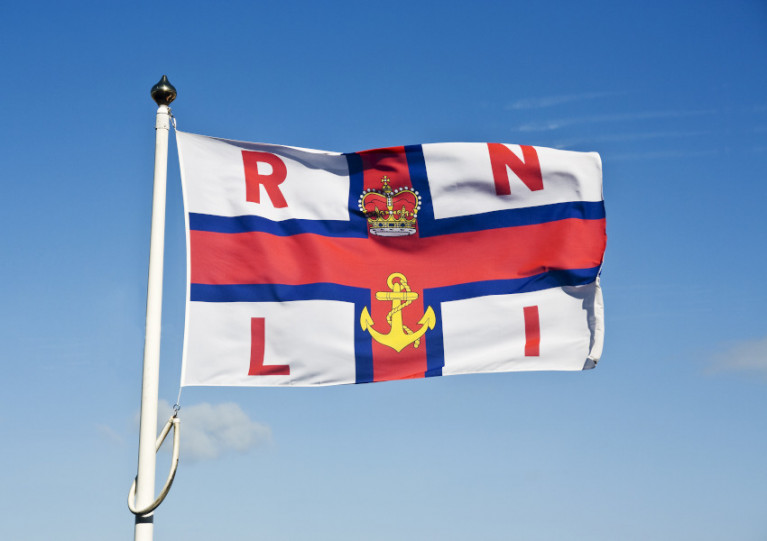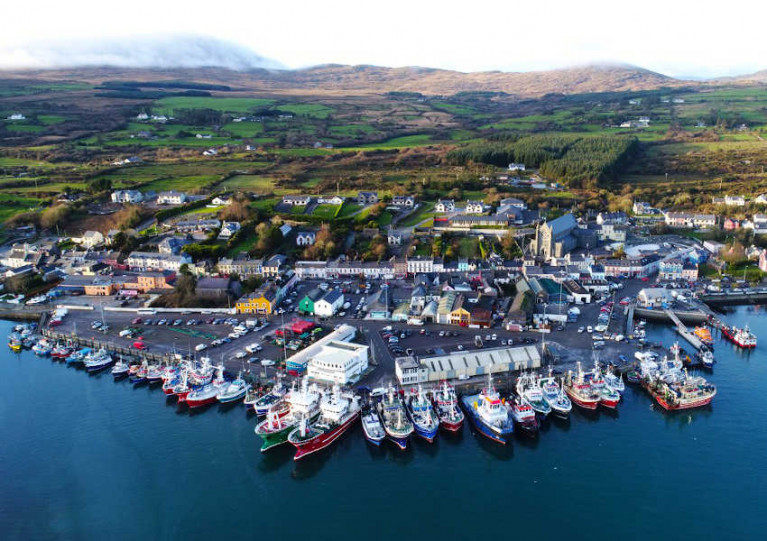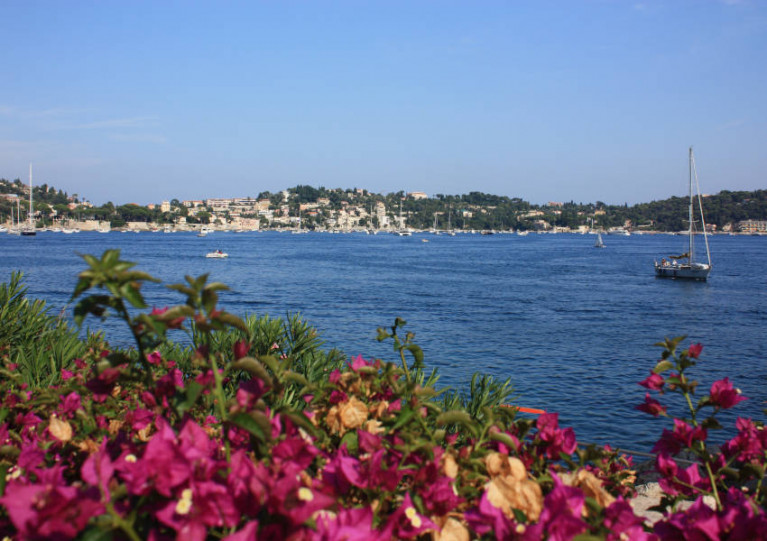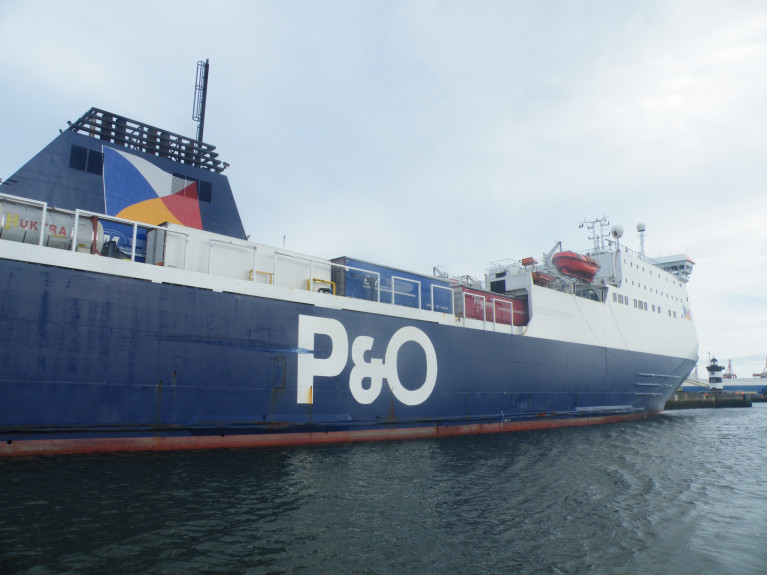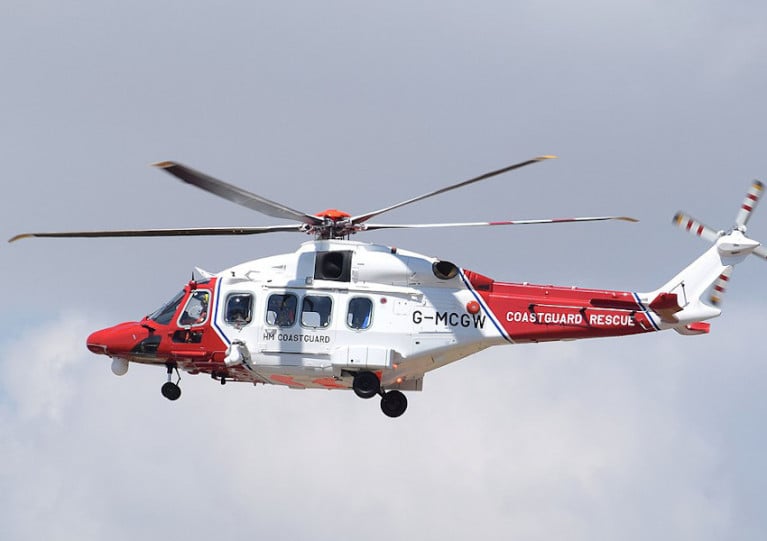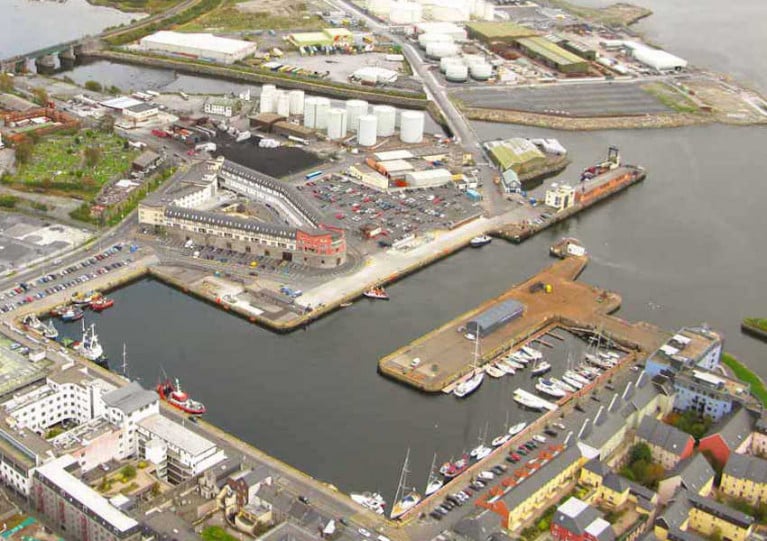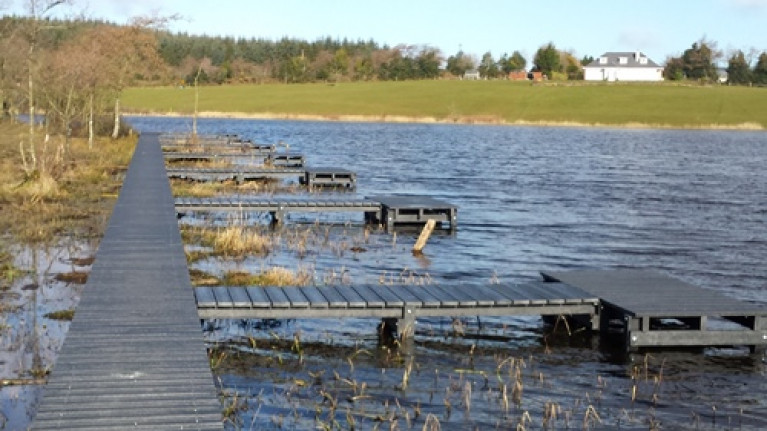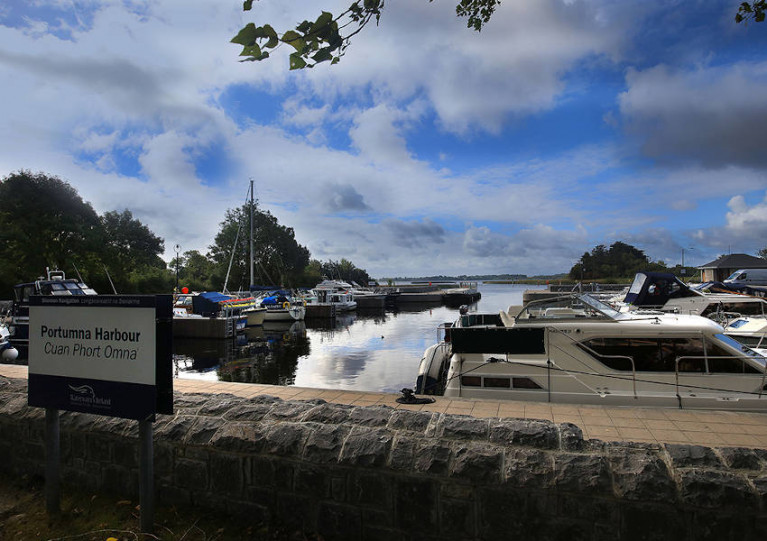Displaying items by tag: COVID19
Following changes in UK government guidance for England, which allow people to travel to the coast and use the water, the RYA says it is engaging with the RNLI and representatives from the ports and leisure marine industry to help ensure a safe return to recreational boating activity amid the ongoing coronavirus pandemic.
Any facilities associated with outdoor sports and physical activities have been permitted to reopen from today, Wednesday 13 May. This includes facilities such as marinas and sailing clubs.
Guidance for English sailing clubs considering a safe plan to restart activity is available on the RYA website, while the devolved administrations have issued their own phased plans and measures.
“In line with Government guidelines for public spaces, the boating community [in England] may now drive to their destination so long as they observe social distancing,” said RYA chief executive Sarah Treseder.
“We welcome the Government’s guidance that general day trip leisure activities are being encouraged and we will continue to work with the RNLI to ensure this is done safely.”
Meanwhile, the RNLI urges people to take extra care when out on the water following the changes in government guidance for England.
‘We are urging anyone who is planning a return to the water to follow key water safety advice’
“We completely understand that people will want to take to the water, particularly as the weather improves,” said Gareth Morrison, RNLI’s head of water safety.
“Our volunteer lifeboat crews are still ready to respond during the public health crisis.
“However, we are urging anyone who is planning a return to the water to follow key water safety advice, which includes ensuring equipment is maintained and functioning correctly, and making sure that lifesaving apparatus is available.
“By following this advice we can work together to enjoy a safer summer and reduce the demand on our crews and other emergency services.”
Boaters are reminded that at present there are no RNLI lifeguards on UK beaches — and anyone visiting the coast is urged to understand the risk and takes the necessary steps to keep themselves safe.
“As we start to get back on the water, we advise boaters to take a considerate and conservative approach when planning to go afloat,” Treseder added.
“Be mindful of the potential impact that you could have on other water users and do not place unnecessary extra strain on the RNLI and emergency services. Finally, proper preparation will prevent accidents and is a vital step to getting back on the water safely.”
Yesterday the RYANI said it continues to support the Northern Ireland Executive’s guidance on lockdown measures. The Executive has published a roadmap to recovery in which step one allows for ‘activities’, but there is no timetable for when this begins.
Some sailing activity will return in the Republic of Ireland with the first relaxation of movement restrictions next Monday 18 May.
Marine Minister Calls For Further EU Support To Help Fisheries Sector With Impact Of Covid-19
Marine Minister Michael Creed has called on the European Commission to strengthen its support for the fisheries sector in the fight against Covid-19.
Speaking at a video conference of EU Agriculture and Fisheries Ministers earlier today (Wednesday 13 May), Minister Creed welcomed the steps taken by the commission to date, but said further action is urgently required.
The minister noted that overall activity by the Irish fishing fleet is significantly reduced, particularly for smaller vessels, and that the market situation remains challenging.
He called on the commission to keep the needs of the sector under ongoing review.
“We need an ongoing, co-ordinated and effective response to Covid-19 at European level in order to effectively mitigate the impacts of the crisis on the agri-food and fisheries sectors,” he said.
“I expect the commission to reflect carefully on today’s discussions, and I look forward to seeing further proposals that will ensure a robust and timely response to the difficulties that look set to continue to affect these sectors over the medium term.”
The first phase of Spain’s transition towards its ‘new normal’ amid the ongoing coronavirus pandemic saw boat owners yesterday (Monday 11 May) allowed to set their vessels free from moorings, as International Boat Industry reports.
‘Non-commercial cruising’ in limited groups, such as a family or people who share the same address, is limited to local waters only.
But the move will come as a relief to many recreational boaters who had been kept away from their vessels under a 50-day lockdown, one of the most restricting in Europe along with Italy.
Boat charter and rental is also permitted under the latest relaxing of regulations, with further allowances — to move outside of one’s municipality for safety and maintenance checks, for instance — expected to come with the next phase on Monday 25 May.
Neighbouring France has followed suit with its own easing of lockdown measures, which allow for navigation and mooring within 100km of home port with no more than 10 passengers on any vessel.
But the entry of vessels with a foreign flag from a port outside the Schengen zone into French territorial waters, if the destination is a port on the French coast, remains prohibited until at least next month.
And Spain’s border remains closed to all non-essential travel, with a 14-day quarantine mandated for anyone entering the country.
The RYANI says it continues to support the Northern Ireland Executive’s guidance on coronavirus lockdown measures.
It comes after the weekend announcement by UK Prime Minister Boris Johnson easing lockdown restrictions in England only.
The announcement, which followed the Republic of Ireland’s own roadmap towards the restart of economic and leisure activities, included water sports that could resume under certain conditions.
In a statement, the RYANI’s chief operating officer said the NI Executive’s most recent position on Thursday 7 May “outlined no further changes to the current regulations”.
“We must await the publication of any further guidance of the Executive’s ‘plan for a phased, strategic approach to recovery’,” Richard Honeyford said. “The next statutory review of the Regulations will take place before 30 May.”
Honeyford added that the RYANI will continue to support the NI government guidance on the lockdown “as long as necessary to combat the pandemic”.
However, he added that the organisation “believes there is a clear case for boating (sailing, windsurfing, power boating, etc) to be able to resume as part of any easing of restrictions” while following social distancing protocols.
“We have seen the boating community acting in a responsible and patient manner throughout this period. As the national governing body, we urge all members of the boating community in Northern Ireland to continue to do so until instructed otherwise.” he said.
While clubs and training centres in England will be receiving guidance based upon UK Government advice, the RYANI will issue such guidance “only once a full assessment of any future NI Executive recovery plan is made”.
Honeyford added: “RYANI is very aware, that people are eager to get back on the water, but this can only take place once the implications of any modification the current lockdown restrictions have been assessed.
“For now all clubs, centres and participants must continue to follow the current Public Health Agency advice in Northern Ireland to Stay At Home, Keep Your Distance, Wash Your Hands.
“We look forward to the time that restrictions are eased and we can safely return to the water.”
Ferry Operator P&O Set to Loose 1,100 Jobs
Some 1,100 workers at P&O Ferries are to be made redundant as part of a plan to make the business “viable and sustainable”, the company said.
The proposal, reports the Irish Examiner, involves more than a quarter of the workforce losing their jobs.
A spokesman for P&O Ferries said: “Since the beginning of the crisis, P&O Ferries has been working with its stakeholders to address the impact of the loss of the passenger business.
“It is now clear that right-sizing the business is necessary to create a viable and sustainable P&O Ferries to get through Covid-19.
“Regrettably, therefore, due to the reduced number of vessels we are operating and the ongoing downturn in business, we are beginning consultation proceedings with a proposal to make around 1,100 of our colleagues redundant.”
The number of recorded incidents dealt with by HM Coastguard yesterday has been the highest since the UK was put into lockdown due to the coronavirus pandemic in late March, the service has warned.
Friday 8 May saw 97 incidents — a 54% increase over the daily average in the previous month — within a single 24-hour period. This coincided with the start of the UK’s early May bank holiday weekend.
“People are ignoring the measures put into place by the [UK] government,” said Matt Leat, duty commander with HM Coastguard.
“I completely understand that the weather and the bank holiday coupled with the fact that we’ve been in this lockdown situation for just over six weeks has tempted people out to our beautiful coasts.
“However, as the government said only yesterday, it’s really vital that we all continue to observe the guidance.”
Leet said that the coastguard would always respond to a 999 or distress call “but the minute we send in a rescue response, we’re putting our frontline responders at risk as well as putting the NHS under avoidable pressure”.
He added: “Please, please continue to observe the #StayHomeSaveLives message — it’s still in place for a reason. Exercise locally and stretch your legs, not our resources.”
UK Prime Minister Boris Johnson has been criticised today (Sunday 10 May) for changing the coronavirus advice slogan from ‘stay at home’ to the less direct ‘stay alert’. The change has been rejected by the devolved institutions in Scotland, Wales and Northern Ireland.
The Department of Transport, Tourism and Sport has amended Marine Notice No 06 of 2020 to include an updated annex from the HSE on measures required for all vessels, including fishing vessels and pleasure craft, entering Irish ports.
Masters of vessels arriving from ports outside the island of Ireland must complete both a Maritime Declaration of Health, and an updated Crew List (and Passenger List for passenger ships).
Those arriving in port from other ports located on the island of Ireland no not need to submit the health declaration or crew list, except where any crew member or passenger develops potential Covid-19 symptoms during the course of the voyage.
These symptoms include a fever, cough, sore throat, or shortness of breath requiring hospitalisation. Also requiring notification is where any crew member or passenger has been in close contact with a confirmed or probable case of Covid-19 infection.
Full details of submission guidelines are included in the annex to Marine Notice 06 of 2020 which can be downloaded below.
RTÉ News reports that anglers are returning to many of Ireland’s most popular fisheries since the first easing of Covid-19 restrictions.
Since this past Wednesday 6 May, as announced by Inland Fisheries Ireland, anglers may fish from riverbanks within 5k of home on most State fisheries (except Galway and Moy) as well as ESB fisheries, provided they observe social distancing protocols.
Boat anglers are subject to RNLI safety guidelines, which currently recommend avoiding the water for any recreational activities.
The National Coarse Fishing Federation told RTÉ News it hopes for a co-ordinated cross-border approach “to opening up our sport” in the coming months, amid fears for the health of the angling tourism industry which remains shut down.
Waterways Ireland says it is currently planning the roadmap to the reopening of its navigations and the phased return of its workforce.
This plan will involve engaging with various stakeholders, such as user groups and other State agencies, and will be made available by 18 May when the first phase of easing Covid-19 restrictions is scheduled to begin.
“We recognise the situation is constantly changing and we ask for your patience during this time,” it said, adding that any updates to the situation will be communicated via the usual channels.
In the meantime, navigation on inland waterways is now permitted up to 5km from home within the Republic of Ireland only, provided social distancing is observed at all times.
As previously reported on Afloat.ie, the winter mooring period has been extended until 31 May at no additional cost. Travel in excess of 5km from home to check on moored vessels remains prohibited until further notice.
Electricity and water services have been reconnected following recent flooding issues, and pump-out facilities are available, but service blocks remain closed across the Shannon Navigation, Shannon-Erne Waterway, Royal and Grand Canals, Barrow Line and Barrow Navigation.
Canal towpaths are accessible for brief local exercise, now within 5km of home, with social distancing protocols applying.
“We would like to thank all stakeholders in observing the regulations and restrictions imposed on and along our waterways,” said the cross-border body.
“Your observance of such regulations is having a positive impact on the spread of the virus, releasing pressure on our health services, which are now, more than ever, required to protect those who are most in need. We ask you to continue to keep up the good work.
“Our message to all users of our waterways continues to be PLEASE STAY AT HOME.”
Meanwhile, Shannon Navigation cruiser hire firm Carrickcraft plans to reopen from 20 July to tap into the expected late summer ‘staycation’ market, as reported yesterday on Afloat.ie.
The Royal Cork Yacht Club has congratulated members of its U25 Academy who have been getting involved in UK Sailmakers Ireland’s recent PPE-making efforts.
After closing its Crosshaven loft to customers in mid-March, UK Sailmakers Ireland last month took on the mammoth task of switching from its usual sail wardrobes to scrubs and masks for frontline HSE workers in the fight against coronavirus.
Among those pitching in were Erica Rhodes, Leah Hanlon, Griff Kelleher and David Jones, who earned the praise of their home club on social media.


























